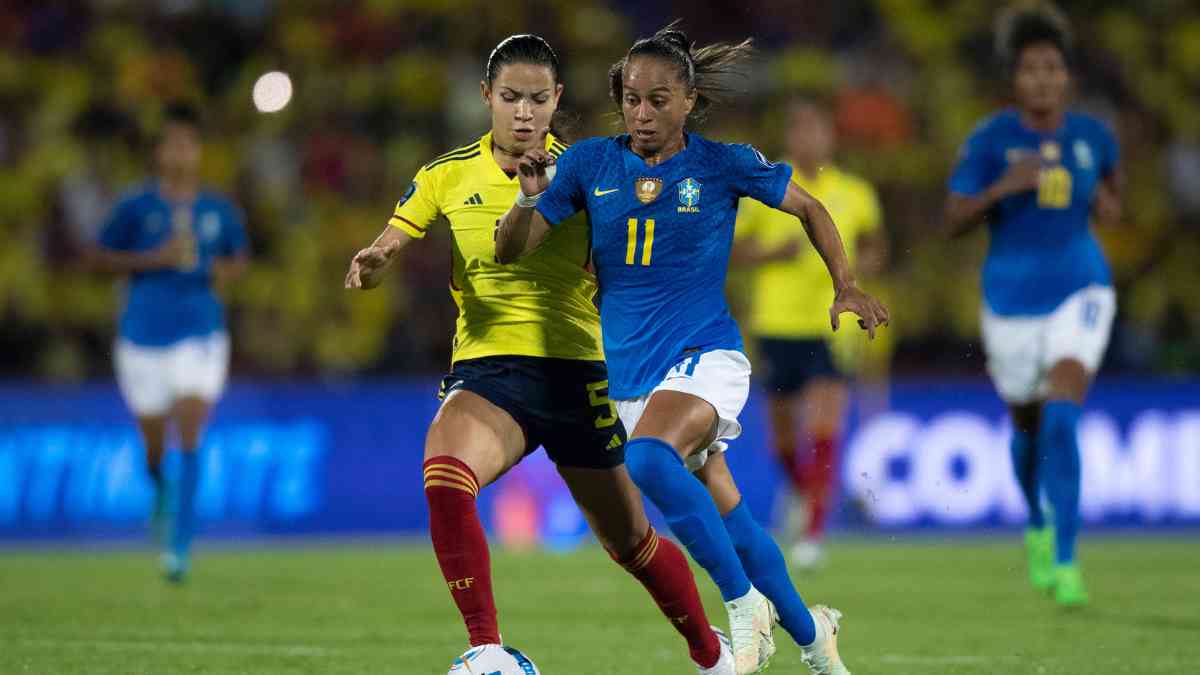In a statement, Infantino said the deal would provide “a unique opportunity to promote the game and increase visibility, which is a top priority for us, in line with FIFA’s commitment to the long-term development of women’s football.”
RTVE will broadcast 25 matches of the tournament, including all matches of the Spanish national team, the opening match, the semi-finals and the final. RTVE will also provide extensive coverage on television, radio and digital media and will have exclusive rights within Spain for free and open television and radio coverage.
A team of special correspondents will cover the entire contest on the various RTVE platforms, with a particular focus on the information spaces. Spanish public television released the information in a note after learning of the agreement between FIFA and the EBU.
The Italian-Swiss president revealed that while broadcasters offered between $100m and $200m to carry the men’s World Cup tournament, proposals for the women’s tournament ranged from $1m to $10m, even with an audience of about 50 or 60% of the tournament. Men.
Infantino even threatened not to broadcast the Women’s World Cup in major European countries if the broadcasters’ performances did not meet FIFA’s expectations.
European broadcasters justified their position with the argument that the games would not be shown in prime time due to the Oceania time zone. But they now estimate that the main matches will be broadcast at “reasonable” times on the European continent.
